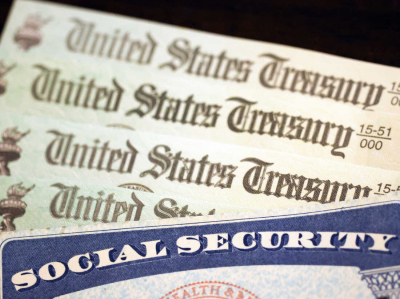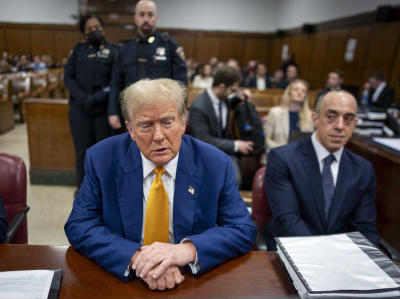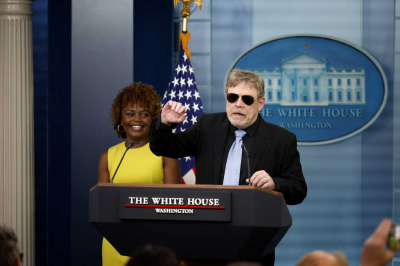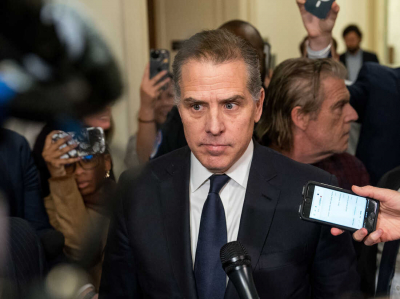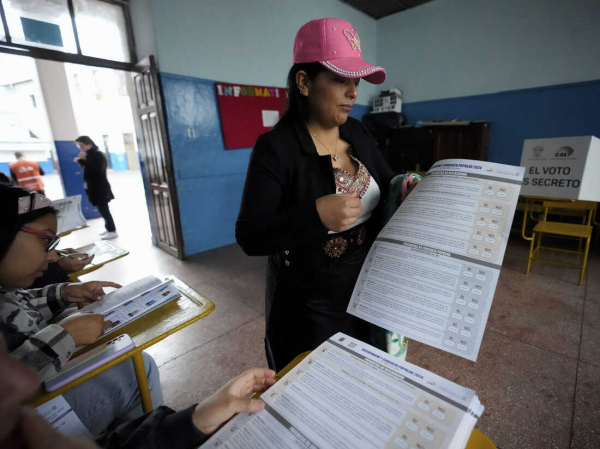
In a resounding victory for Ecuador's fledgling president, Daniel Noboa, Sunday's referendum marked a decisive step towards curbing the escalating violence attributed to criminal gangs. As voters across Quito and beyond cast their ballots, the nation spoke with a clear voice, endorsing new security measures proposed by President Noboa to confront the pressing challenge.
Amidst the backdrop of mounting violence, exemplified by a surge in homicides and crime, Ecuadorians united in support of measures aimed at bolstering law enforcement efforts. The referendum, championed by President Noboa, received an overwhelming "yes" vote across all nine proposed questions, signaling a firm commitment to combatting the criminal elements plaguing the nation.
The announcement of the official quick count, conducted by the Electoral National Council and confirmed by Diana Atamaint, affirmed the sentiments echoed in private exit polls. President Noboa's leadership, stemming from his background as scion of a prominent banana exporting family, garnered widespread approval as voters rallied behind his vision for a safer Ecuador.
Central to the approved measures is the deployment of the army in the battle against criminal gangs, alongside initiatives to streamline the extradition process for accused criminals and impose stricter sentences for convicted drug traffickers. These actions represent a proactive response to the evolving security landscape, as Ecuador grapples with the ripple effects of regional instability, notably emanating from neighboring Colombia.
As President Noboa cast his own vote in Olon, his presence underscored the significance of the referendum in shaping Ecuador's trajectory towards peace and security. With the mandate from the people reaffirmed, the nation stands poised to confront its challenges head-on, guided by a collective determination to reclaim its status as one of South America's bastions of tranquility.
Daniel Noboa has emerged as a steadfast leader, galvanizing widespread support through his unwavering stance against criminal gangs. The urgency of this mission became glaringly apparent in January, when masked assailants, purportedly acting under the directives of imprisoned drug lords, unleashed chaos, seizing control of a live television broadcast—an unprecedented display of brazen force that sent shockwaves throughout Ecuador.
In response to this audacious rampage, the 36-year-old president wasted no time in declaring an "internal armed conflict," a decisive move that granted him the authority to wield emergency powers, mobilizing the army in pursuit of the approximately 20 gangs now classified as "terrorist" organizations. The referendum, a pivotal moment for Ecuador, saw over 13 million citizens summoned to cast their votes, endorsing measures aimed at fortifying these powers and cementing them within the legal framework of the nation.
However, for many observers, the true test lies in President Noboa's ability to translate popular support into tangible results. Andrea Endara, an esteemed analyst and professor at Casa Grande University, emphasized the imperative for substantive action, cautioning that failure to deliver on the promises made could erode the newfound support swiftly.
While some of the approved measures necessitate amendments to Ecuador's constitution, others, having received prior validation from the Constitutional Court, merely await publication in the official gazette to take effect. Key among these initiatives are those pertaining to the utilization of the military and extradition procedures. Yet, for changes requiring revisions to existing laws, President Noboa must navigate the legislative process, submitting reform proposals to the Assembly for deliberation within a 60-day timeframe.
Amidst the anticipation preceding the final tally, President Noboa seized the moment to express his gratitude, declaring, "We've safeguarded our nation," in a social media post. With the enhanced tools now at their disposal, the administration aims to confront delinquency head-on and restore tranquility to Ecuadorian households.
Noboa's unwavering commitment to law and order echoes the resolute policies of Nayib Bukele, the widely admired president of El Salvador—a fellow millennial whose strong stance on security issues has resonated with the populace. As Noboa gears up for reelection next year, his resolute stance on tackling crime could potentially bolster his political standing, drawing parallels with Bukele's meteoric rise to power.
Navigating the final 18 months of a presidential term marred by the abrupt resignation of fellow conservative Guillermo Lasso amidst corruption allegations, Noboa faces the daunting task of steering Ecuador towards stability. Against a backdrop of political tumult and violence, citizens like Leonor Sandoval, a 39-year-old homemaker, cast their votes in favor of all 11 proposals, echoing a collective desire to reclaim their streets and homes from the specter of fear.
In conclusion, as Ecuador charts a course towards a safer and more secure future, President Daniel Noboa's resolute leadership stands as a beacon of hope in the face of escalating violence and criminality. The overwhelming support garnered through the referendum underscores the nation's unwavering commitment to confronting these challenges head-on, with the deployment of emergency measures symbolizing a decisive step towards restoring peace and stability.
However, the true measure of success lies not only in the passage of legislation but in its effective implementation. President Noboa and his administration face the formidable task of translating promises into tangible actions that resonate with the populace, demonstrating a tangible impact on the ground.
As Ecuador braces itself for the road ahead, marked by political transitions and societal upheavals, the echoes of citizens' voices reverberate with a unified call for change—a call rooted in the fundamental desire for safety, security, and the restoration of normalcy to their lives.
In the crucible of this defining moment, President Noboa's commitment to law and order, reminiscent of his counterparts across the region, offers a glimmer of hope and a pathway towards a brighter tomorrow. With steadfast resolve and collective determination, Ecuador stands poised to overcome its challenges, emerging stronger and more resilient than ever before.

